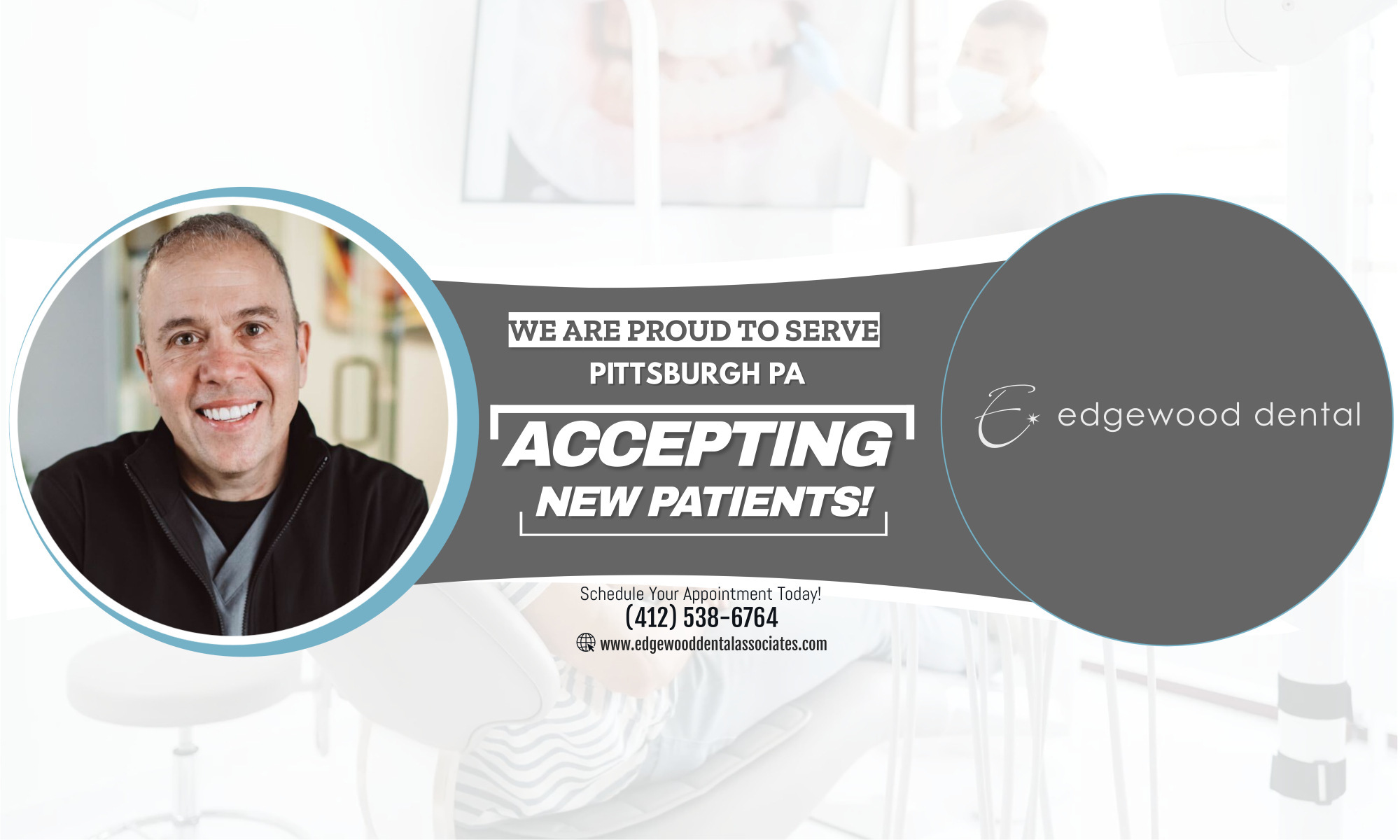Your dentures were made to fit you precisely and, if they are cared for properly, they do not change shape.
But you may sometimes find that they can become loose due to natural changes in the gums and bone supporting them. As the jawbone begins to shrink, so do the gums.
If you find your dentures no longer fit properly, see your dentist as soon as possible so adjustments can be made.
Trying to change the fit of your dentures yourself can damage them and make them unrepairable so this would be a costly experiment!
Ill-fitting dentures repaired at home can also irritate the gums, tongue and cheeks.
In an emergency, you could use denture adhesives to keep the dentures stable until you are able to see the dentist.
Even if you no longer have your natural teeth, it’s still important to see your dentist regularly for an oral examination.
The dentist will examine your mouth to check for any problem with the gum ridges, the tongue and the joints of the jaw, as well as screen for oral cancer.
For a variety of reasons, many older adults are more susceptible to oral diseases, including oral cancer. About 95 percent of all cancers are found in people over age 40. However, many of these cancers are treatable if detected early.
Oral tissues are also checked for signs of other diseases that can first manifest themselves in the mouth.
Living with dentures can be comfortable if you continue to care for your oral hygiene and make regular visits to your dentist for a checkup.
